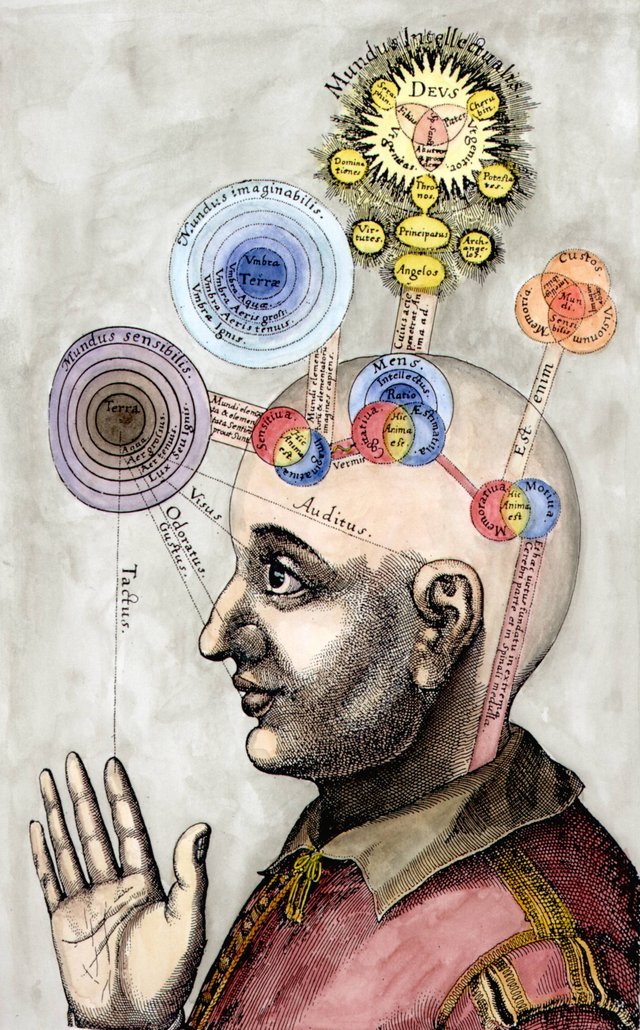Gnosticism [6-Part Series] (Summary/Anthology)

This is a summary and anthology of my six-part series on gnosticism.
In Gnosticism (Part 1): The Origins of Gnosticism & The Basic Teachings, I discussed the historical origins of gnosticism. I explain that Christian gnosticism likely evolved out of a Samaritan proto-gnostic movement, which John the Baptist belonged to. The followers of John the Baptist, who did not embrace Jesus' teachings, formed a gnostic sect known as the Mandaeans. I give a brief description of their teachings. Then I discuss the role of Simon Magus in founding and popularizing Christian gnosticism. I also briefly touch on the relation of Christian gnosticism to Jewish kabbalah tradition. Then I explain the basic teachings of gnosticism: the Supreme Godhead and the divine emanations of the aeons within the Pleroma, the creation of the world through a fallen and imperfect divine entity known as the demiurge, the collaboration of seven archons in creation, the role of Sophia, reincarnation, etc.
In Gnosticism (Part 2): Basilides & Atheism, I discuss the esoteric or secret teachings of Christ and the atheistic teachings of the gnostic theologian Basilides in particular. I also discuss the groundinog of his atheistic theology in apophatics.
In Gnosticism (Part 3): Basilides, the Singularity, Heredity & Psychology, I point out the similarity between Basilides' teachings and the ideas of modern astronomers about the origin of the universe. I also analyze his ideas about the transmigration of souls in relation to what we now know about heredity and psychology.
In Gnosticism (Part 4): What if the Book of Revelation is Anti-God?, I make the case that the Book of Revelation is actually a gnostic work that actually rejects the orthodox Christian narrative of the rest of the New Testament.
In Gnosticism (Part 5): Soma, Vedanta, Jnana, & Gnosis, I point out striking similarities between the gnostic and Hindu cosmologies, make the case for identifying Christ with Dionysus, and make the case that early Christians might have used mind-altering substances as part of the Eucharistic ritual.
In Gnosticism (Part 6): Christ's Place Among the Warring Gods, I take a look at the history of human religion in general, point out the fact that there is a nearly universal narrative of two competing classes of deities or angels, and attempt to explain the place of Christ within the convoluted mess of competing deities passed on to us from the Indus Valley Civilization.
If you find this stuff interesting, my post The Magic of Reality, or The Reality of Magic may also be of interest to you. In that post, I discuss magic in general.
So far as I am able to tell, you post the most important and underappreciated body of knowledge so-far found on Steemit (by myself at any rate). I wish Steemians would give the series another serious-minded chance to this material with an eye toward why they think and/or believe the way they do and why others do as well. I'd like to re-Steem this, as it represents a compendium of your research on a unified subject, but I guess three months out it's no longer possible. I still have quite a bit to learn about the platform.
Again, thanks for your time and scholarly work on this important subject-matter -- I'm glad to have found you here.
Thanks. I appreciate it.
nice